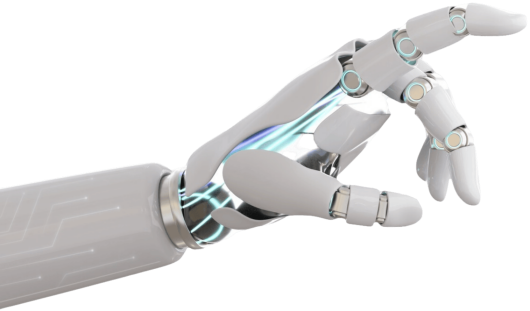
Current computer-assisted instructional systems are mostly oriented towards offering flexible, adaptive and personalized instruction solutions. Managing the learning process in a computer-assisted instructional system may be done manually, a case in which the instructional decisions belong to the learner, or automatically, when the decisions are made by the computer program. Literature designates the manual management of the online instructional process with the term learner control, whereas the one used for denominating the automatic management is program control. Taking into consideration the characteristic of the online instruction process, defined by a virtual communication between the teacher/trainee and the learner, that may be realized by synchronic or asynchronic communication media, the issue of managing the instruction process poses two problems/aspects. The former refers to defining the management method, i.e. manual or automatic, and the latter relates to the way the automatic management of the instruction process may be fulfilled, considering the nontechnical aspect of the process. This paper analyzes the terms learner control and program control in the context of the online instruction process and the factors that influence reaching the performance/proficiency objectives in the online instruction process learner control or program control approaches. It also proposes a fuzzy type regulator that is able to regulate the online instruction process working regime. Theoretical results presented in this paper are simulated by using MatLab program, FIS Module
Elearning, fuzzy control, learner control, machine (program) control